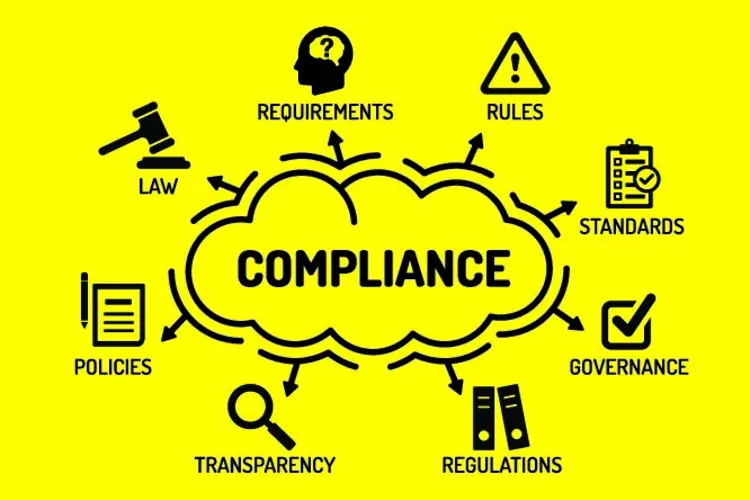Enhancing Organizational Integrity: A Detailed Guide to Compliance Check Processes
In today’s complex business environment, maintaining organizational integrity is paramount. Ensuring that your organization adheres to regulatory standards and ethical practices requires a robust compliance check process. This guide will provide an in-depth look at compliance check processes, their importance, and how to effectively implement them in your organization.
Introduction to Compliance Check Processes
A compliance check is a systematic review of an organization’s adherence to regulatory requirements, internal policies, and industry standards. This process helps identify any discrepancies or violations, ensuring that the organization operates within legal and ethical boundaries.

Importance of Compliance Checks
Compliance checks are crucial for several reasons:
- Legal Protection: Prevents legal penalties and fines by ensuring adherence to laws and regulations.
- Risk Management: Identifies and mitigates risks before they escalate.
- Reputation Management: Upholds the organization’s reputation by demonstrating a commitment to integrity and ethical practices.
- Operational Efficiency: Streamlines processes and reduces the likelihood of costly errors.
Define Compliance Requirements
The first step in a compliance check process is to clearly define the compliance requirements. This includes understanding relevant laws, regulations, and industry standards that apply to your organization.
Develop Compliance Policies and Procedures
Once the requirements are defined, develop comprehensive compliance policies and procedures. These should outline the expectations for employees and provide clear guidelines for maintaining compliance.
Train Employees
Training is essential to ensure that all employees understand the compliance policies and procedures. Regular training sessions and updates can help keep everyone informed about the latest regulatory changes and organizational expectations.
Monitor and Audit
Continuous monitoring and regular audits are necessary to ensure ongoing compliance. This involves tracking key performance indicators (KPIs) and conducting periodic reviews to identify any areas of non-compliance.
Address Non-Compliance
When instances of non-compliance are identified, it is crucial to address them promptly. This can involve corrective actions, additional training, or revising policies and procedures to prevent future issues.
Maintaining thorough documentation and reporting is vital for demonstrating compliance efforts. This includes keeping records of compliance checks, audit results, training sessions, and any corrective actions taken.
Best Practices for Effective Compliance Check Processes
Promote a culture where compliance is valued and prioritized. Leadership should set an example by adhering to compliance standards and encouraging employees to do the same.
Utilize Technology
Leverage technology to streamline compliance check processes. Compliance management software can automate monitoring, reporting, and documentation tasks, making the process more efficient and accurate.
Keywords: compliance management software, technology, automation, compliance efficiency
Regularly Review and Update Compliance Programs
Compliance requirements and regulations can change frequently. Regularly review and update your compliance programs to ensure they remain current and effective.
Conclusion
Implementing a thorough compliance check process is essential for maintaining organizational integrity. By defining clear compliance requirements, developing robust policies and procedures, training employees, and continuously monitoring and auditing, organizations can effectively manage compliance and mitigate risks. Embracing best practices and utilizing technology further enhances the efficiency and effectiveness of these processes, ensuring that your organization remains compliant and operates with integrity.
By following these guidelines, organizations can not only protect themselves from legal repercussions but also build a reputation of trust and reliability in their industry.

